BRICS Group Standard Drafting Kick-off Meeting and Seminar on “Responsive Care for Infants (0–1 Year)” Successfully Held
- Date:
2025/8/5 14:06:08 - Author:BRICS Standardization Working Committee for Skills and Technology
- Visits: 3738
On July 17, 2025, the BRICS Standardization Working Committee for Skills and Technology and the Technical Skills Research & Development, and Standard Formulation Committee of Xiamen successfully hosted the BRICS Group Standard Drafting Kick-off Meeting and Thematic Seminar for the "Responsive Care for Infants (0–1 Year)" Competition, Skills, and Curriculum Standards. The event was co-organized by the BRICS Academy of Skills Development and Technology Innovation (Xiamen) and Beijing Xinyun Tiandi Technology Co., Ltd.
More than 150 international experts from Brazil, India, China, Egypt, Iran, and Indonesia gathered online to witness this significant milestone in the development of BRICS group standards.
Dr. Liu Zhenying, Chair of the China Chapter of BRICS Business Council Skills Development, Applied Technology and Innovation Working Group and Chair of the BRICS Standardization Working Committee for Skills and Technology, attended the meeting and delivered a keynote speech. He emphasized that the competition on “Responsive Caregiving for Infants (0–1 year old)” is a significant step in extending the BRICS standardization system from industrial sectors to public well-being. This initiative marks the entry of BRICS standardization cooperation into a broader, people-centered development track focused on “Skills + Health + Social Services.”
Dr. Liu noted that the BRICS Standardization Working Committee for Skills and Technology will take this standard as a lead to promote an integrated system for the training, assessment, and certification of infant caregivers. The goal is to build a closed-loop mechanism of “Standards + Curriculum + Competition + Career Development,” and to replicate and scale this model across wider domains of health care and social services.
Ms. Tri Mumpuni Iskandar, Chair of the Indonesia Chapter of the BRICS Business Council Skills Development, Applied Technology and Innovation Working Group, Head of the Board of the National Research and Innovation Agency of Indonesia (BRIN), and Chair of the Indonesian Business and Economy Democracy Foundation (IBEKA); Mr. Abdolhossein Nazerian, Representative of the Iran Chapter of the BRICS Business Council Skills Development, Applied Technology and Innovation Working Group and Director General of International Scientific Cooperation at the Technical and Vocational University of Iran; and Ms. Bai Li, Secretary-General of the Medical and Health Committee of the International Alliance of Skills Development for Belt & Road and BRICS, attended the meeting and delivered speeches.
Mr. Wu Jianfeng, Member of the BRICS Standardization Working Committee for Skills and Technology and Director of the Standards Department at the BRICS Academy of Skills Development and Technology Innovation (Xiamen), briefed the attendees on the progress and achievements of the Committee.
At the meeting, Dr. Perin, Head of Early Childhood and Primary Education at Brazil's SESI School System; Dr. Atef, Associate Professor in the Department of Maternal and Child Health Nursing at the Faculty of Nursing, Helwan University in Egypt; Dr. Shima Davoodeh, Assistant Professor in the Department of Physical Education at Iran Technical and Vocational University; and Mr. Marcelo Vivacqua, Head of the Latin America Office of the International Federation of Inventors' Associations and Director of the Brazil-China Cooperation Hub, each shared insights on the current status and trends in the field of infant and toddler care in their respective countries.
From China, six domestic experts—Han Yan, Dean of the School of Preschool Education at Hubei Preschool Teachers College; Liang Yueqin, Party Secretary of the Department of Early Childhood Education at Inner Mongolia Ethnic Preschool Teachers College; Xiong Huajun, Dean of the School of Basic Education at Guangdong Polytechnic Normal University; Ren Jiangwei, Dean of the Normal School at Xianyang Vocational and Technical College; Zhang Cuiyun, Teacher at the School of Preschool Education at Guangdong Vocational College of Foreign Languages and Arts; and Pang Jinyuan, Director of the Department of Teacher Education at Xing’an Vocational and Technical College—shared their perspectives on China’s scientific parenting concepts, and the standardization, professionalization, and regulation of infant and child health services.
Kong Fanyu, Vice President of Beijing Xinyun Tiandi Technology Co., Ltd., provided a detailed overview of the work related to the development of three standards for the “Responsive Care for Infants (0–1 Year)” competition, including the competition framework, skills standards, and curriculum design. He outlined the content, objectives, organizational structure, and planning of the project, and gave a brief introduction to each phase of the standard development process. He emphasized that the working group will extensively solicit input from all stakeholders and fully consider the actual conditions of different countries and regions to ensure that the standards are scientific, reasonable, and practical. The group will actively promote and complete the development of the standards.
The establishment of the standard drafting working group is set to fill a gap in international standards, demonstrate the responsibility and commitment of BRICS countries, and enhance the global influence and contribution of BRICS standards. It will strengthen curriculum development, promote the internationalization of educational programs, and elevate the level of international cooperation in curriculum design. By integrating interdisciplinary knowledge across nursing, early childhood education, and public health, the initiative aims to advance professional training and competency certification for infant and child care providers through standardization, contributing to the development of maternal and child care skill systems in various countries.

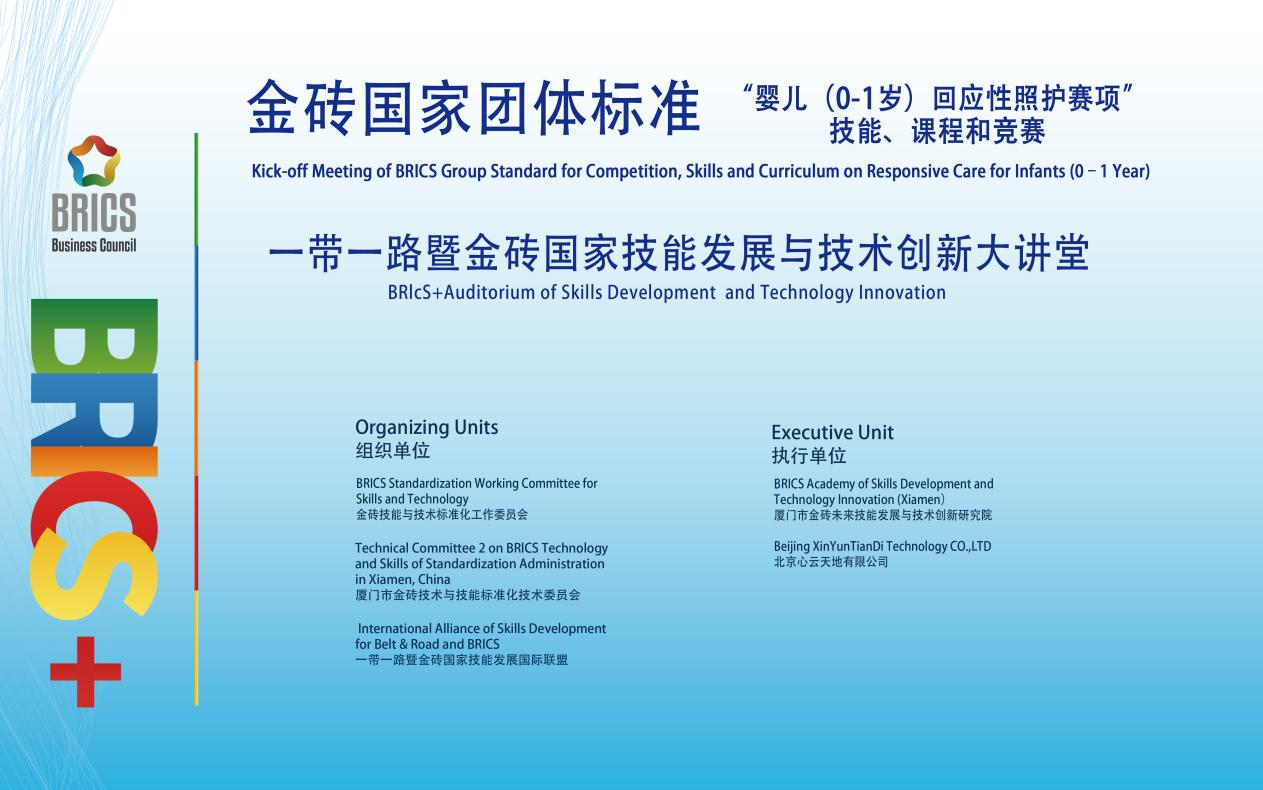
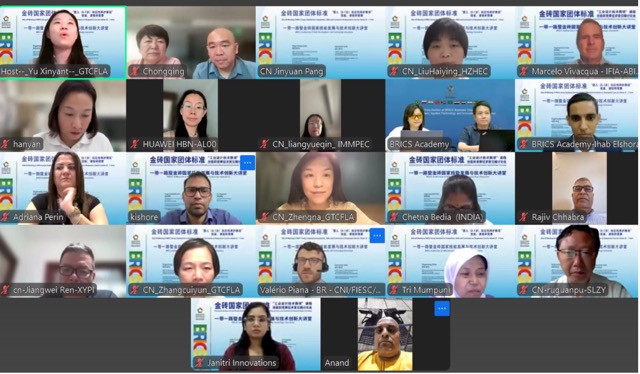
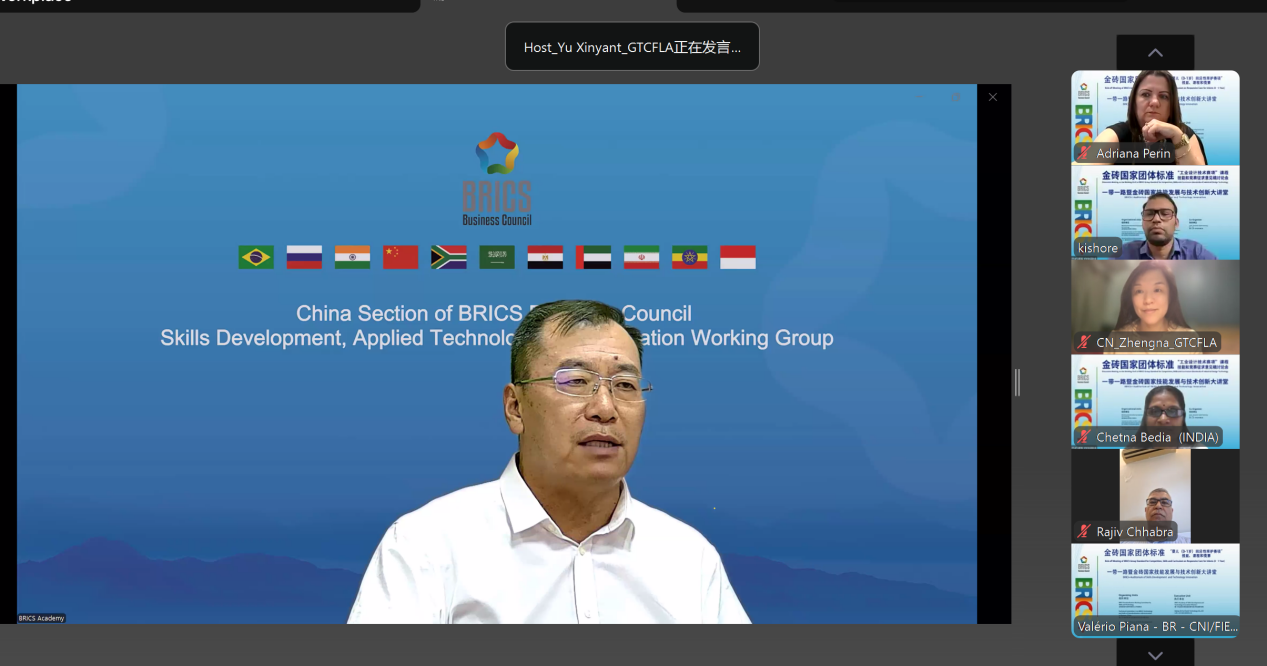

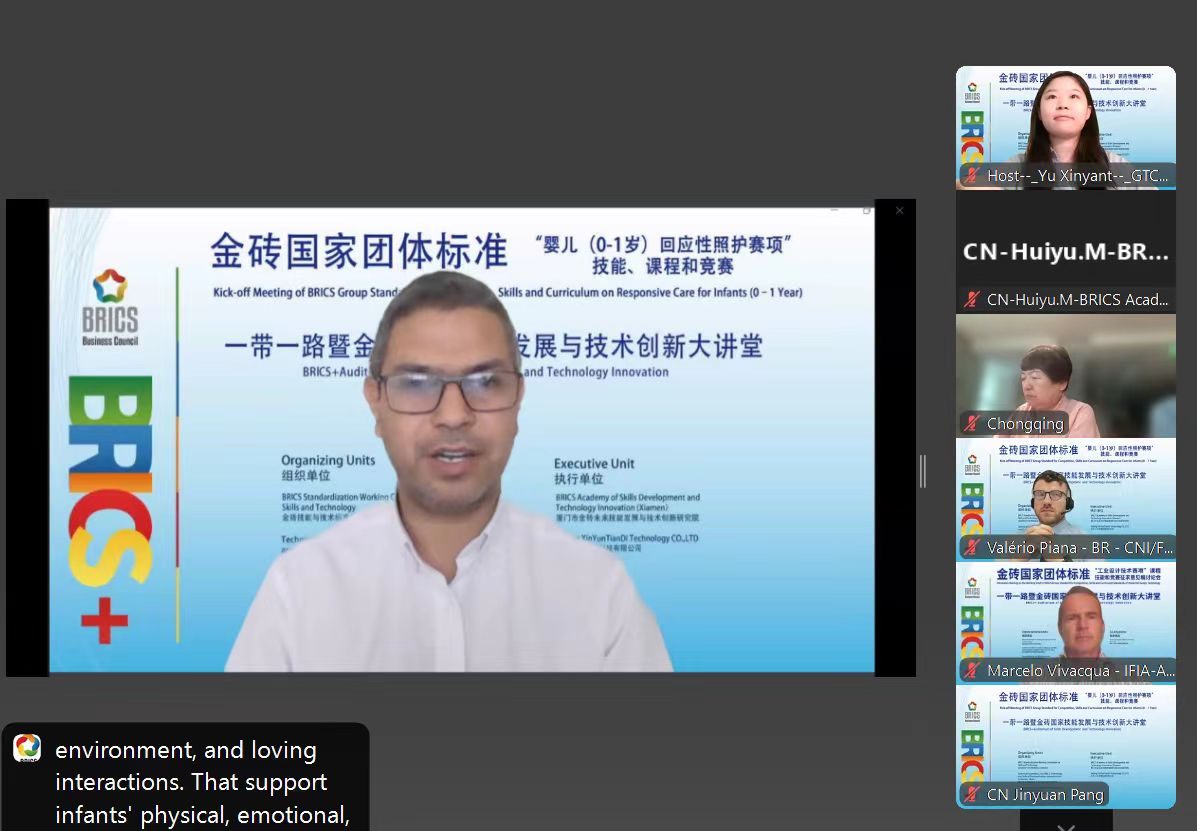
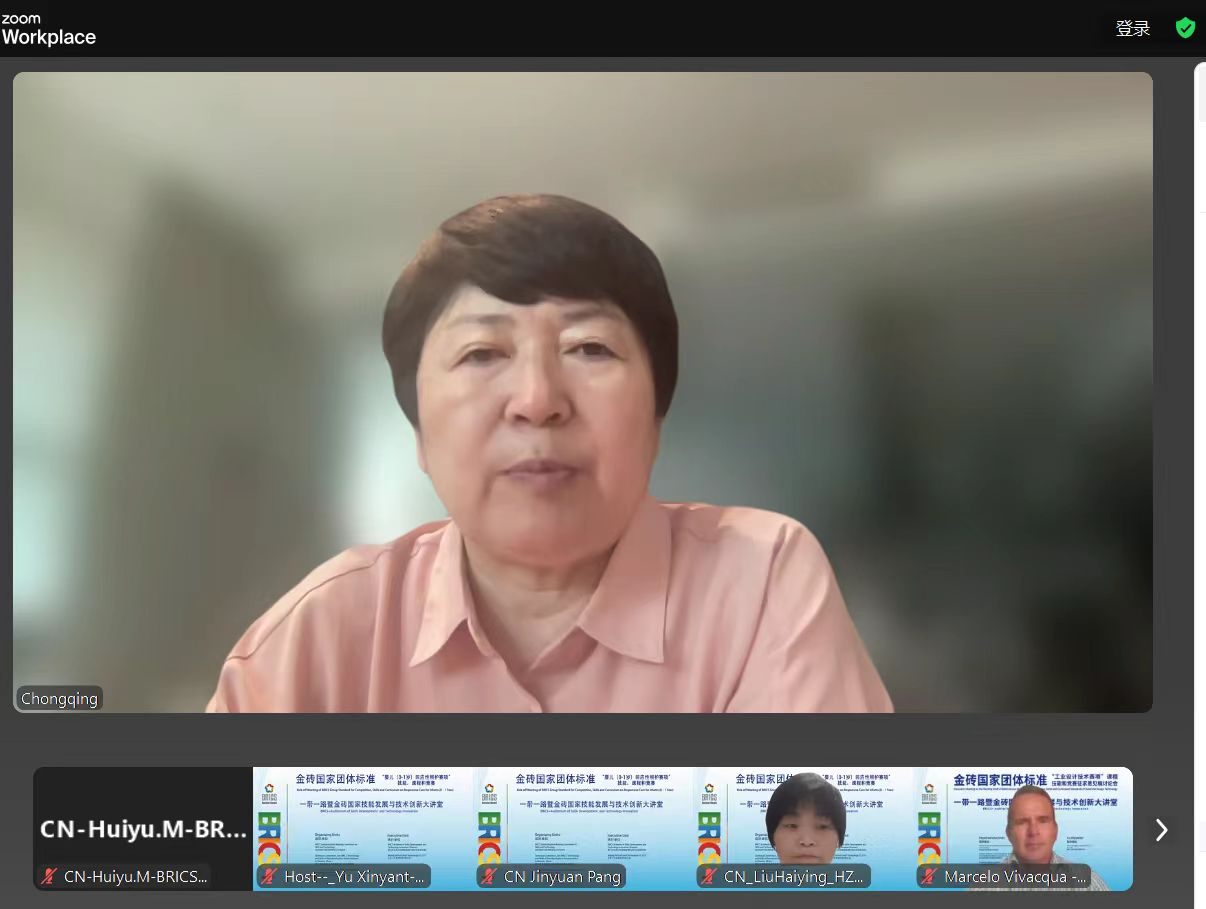
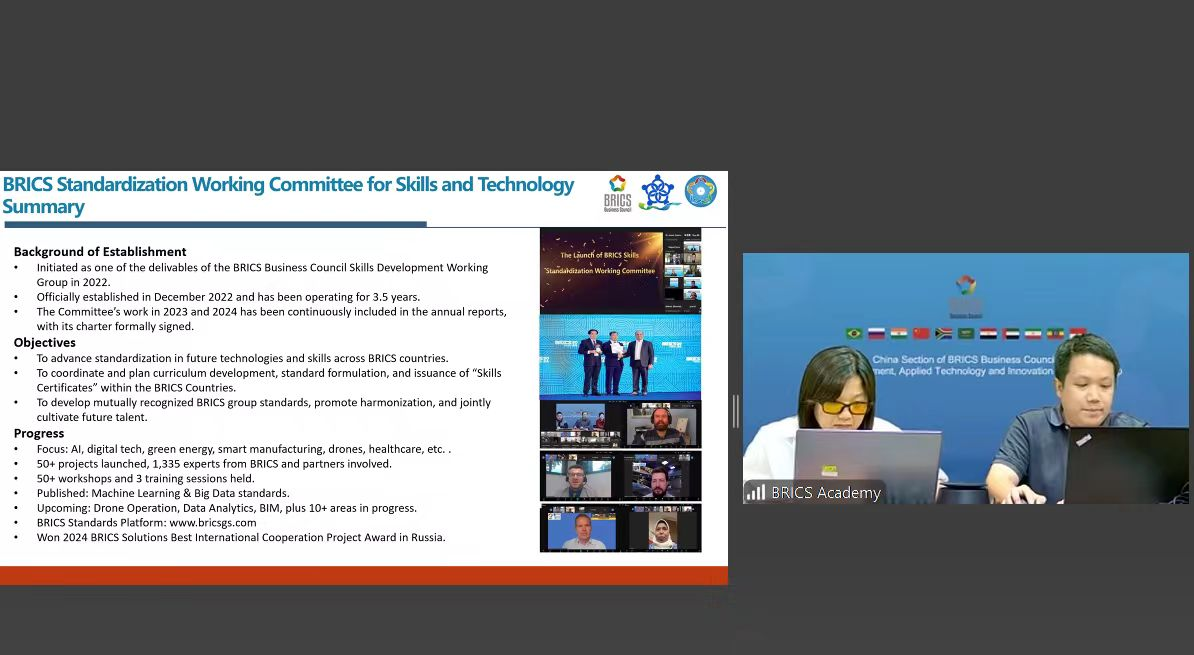
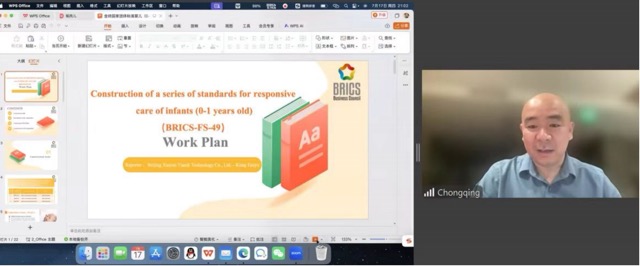

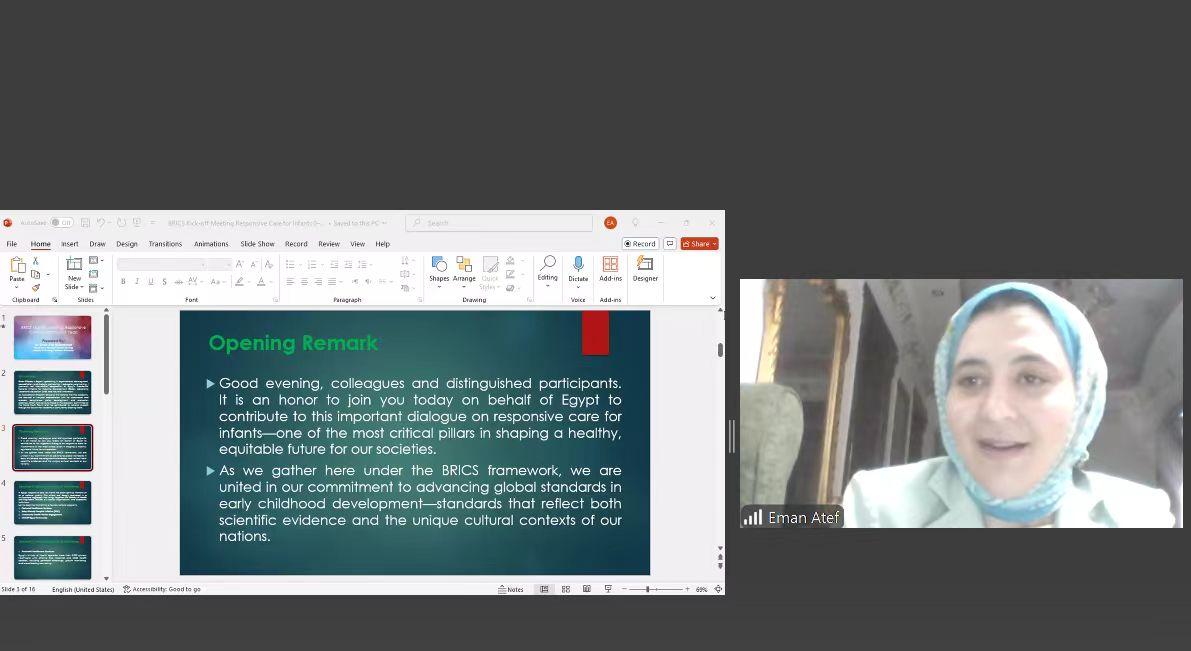
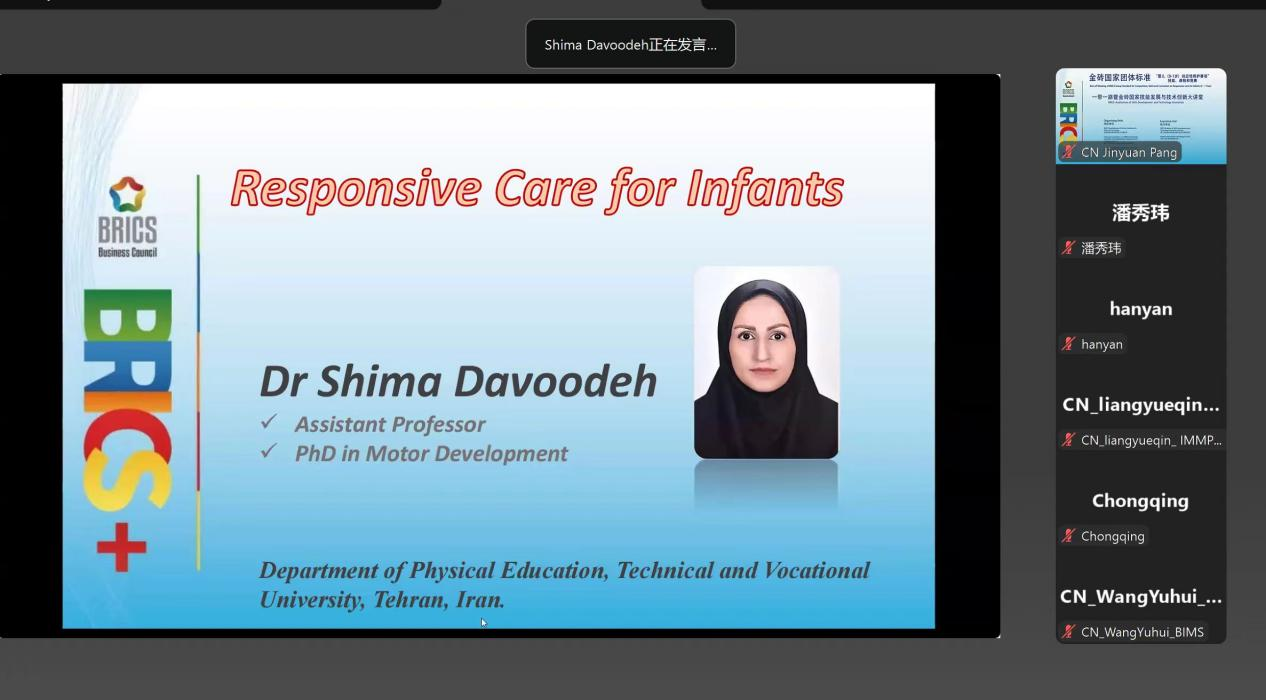
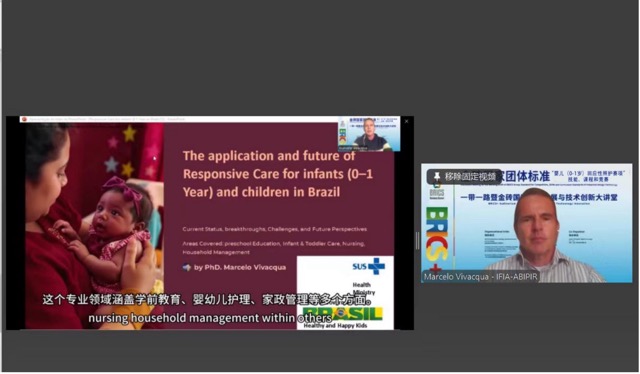
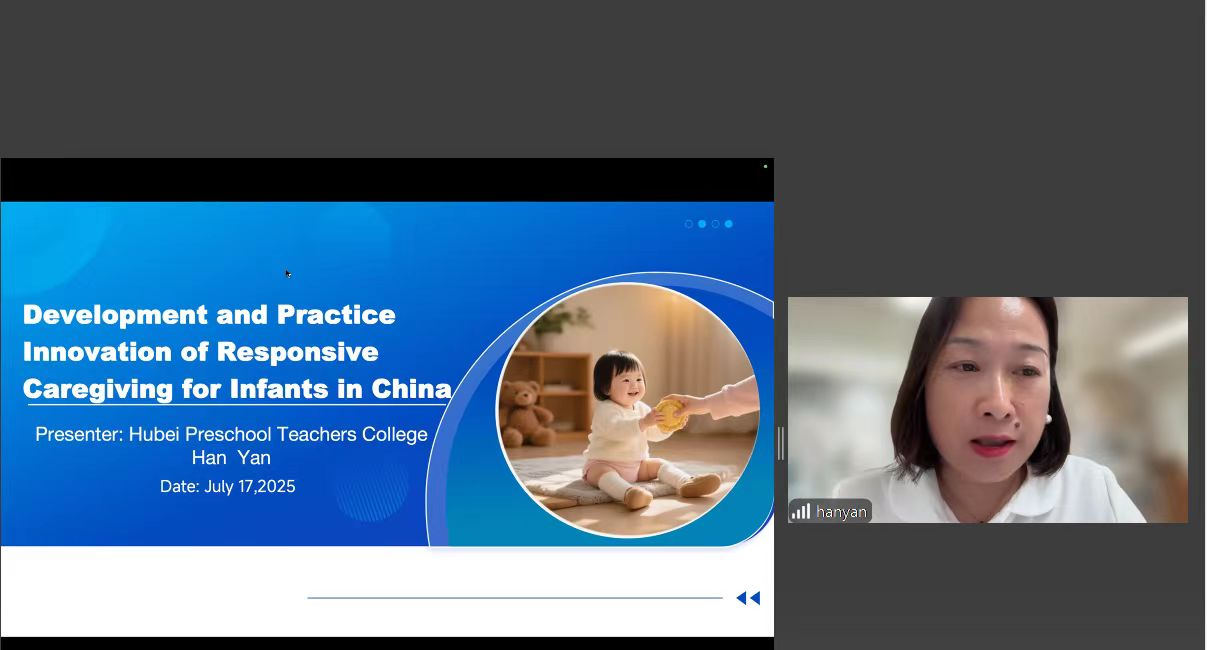

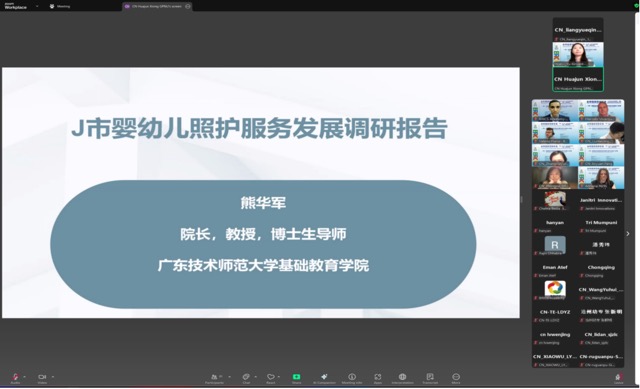
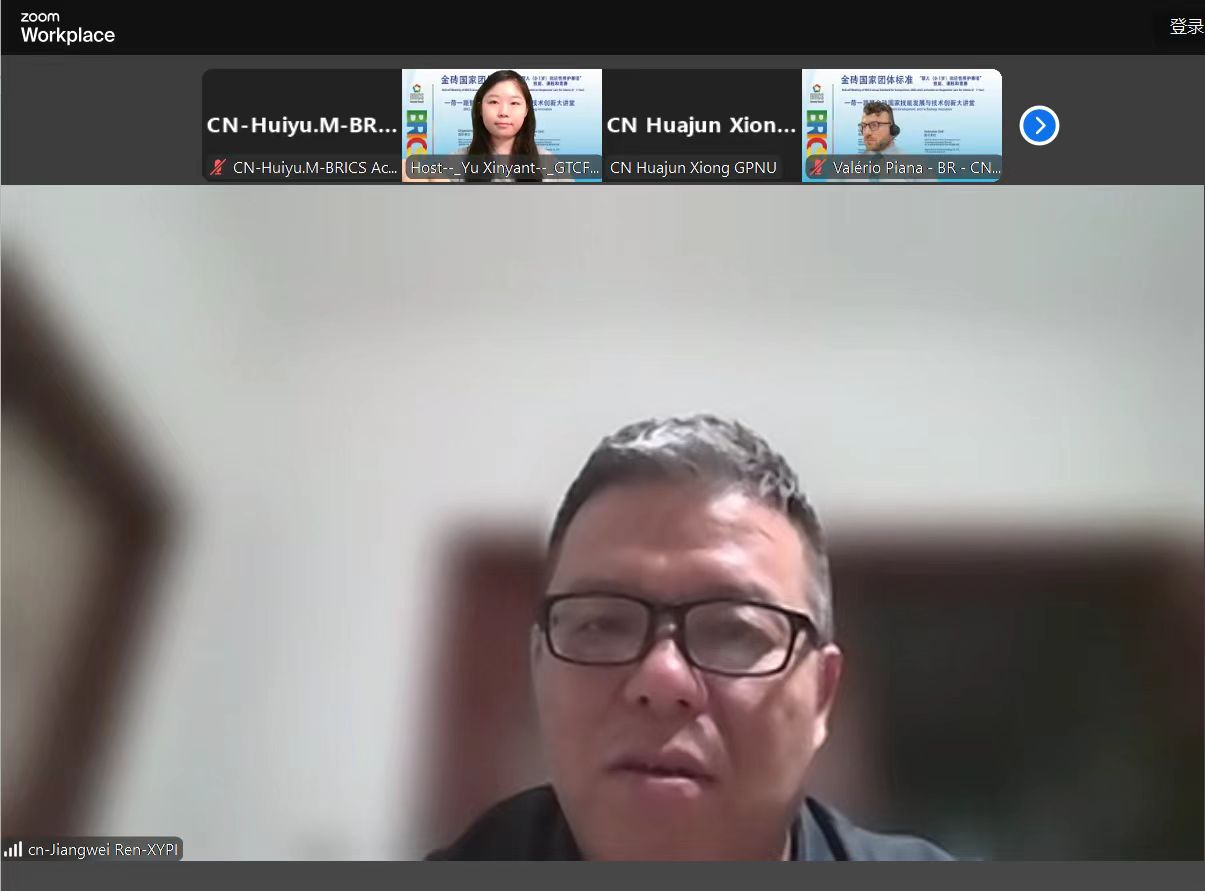
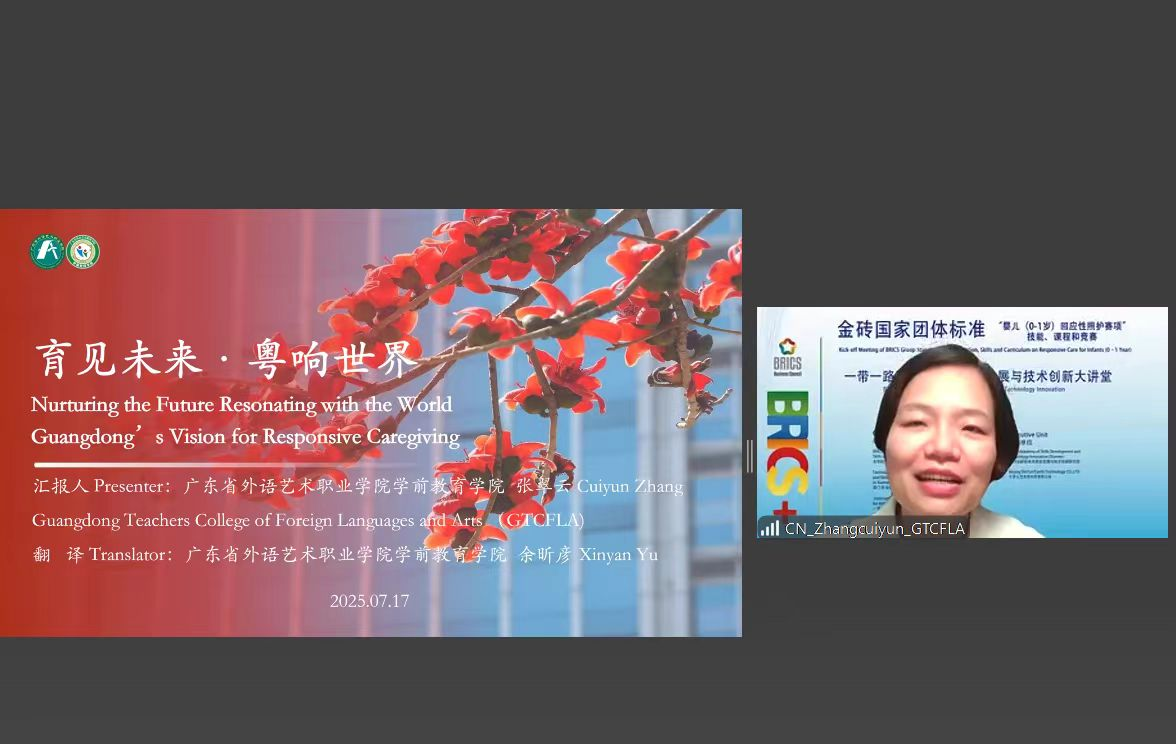

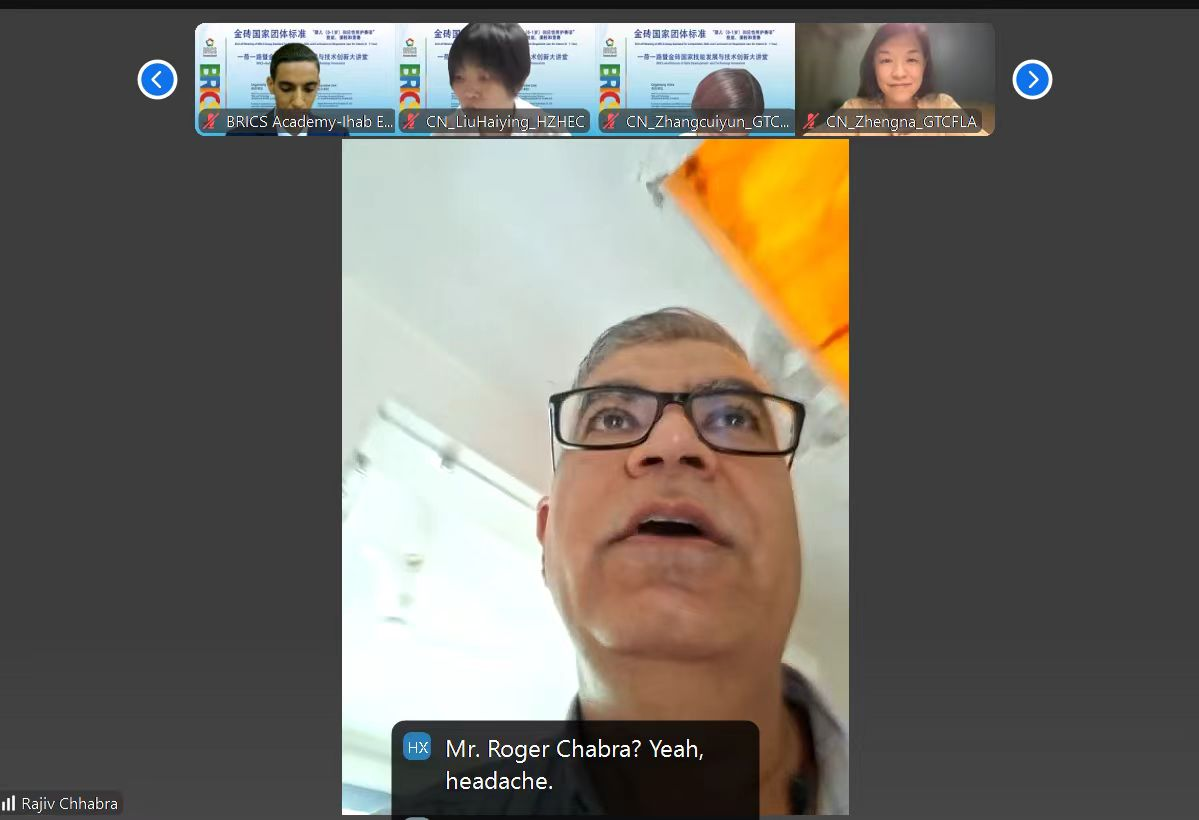
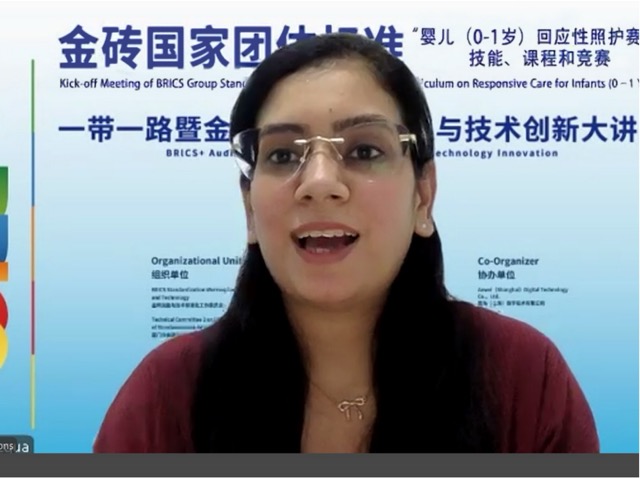
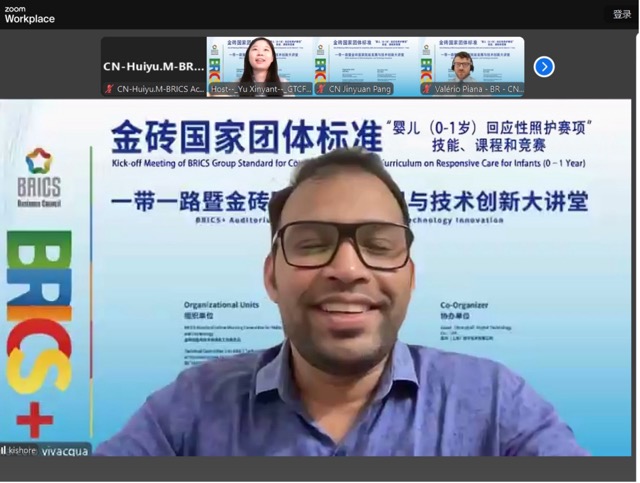
 闽公网安备 355885854552266号
闽公网安备 355885854552266号